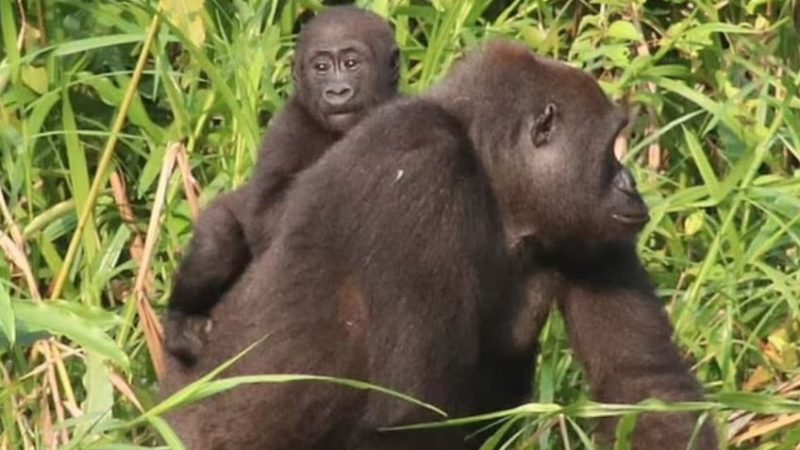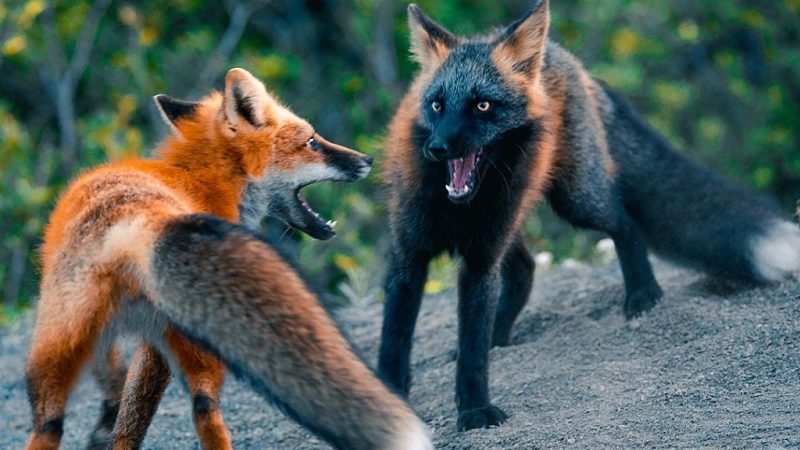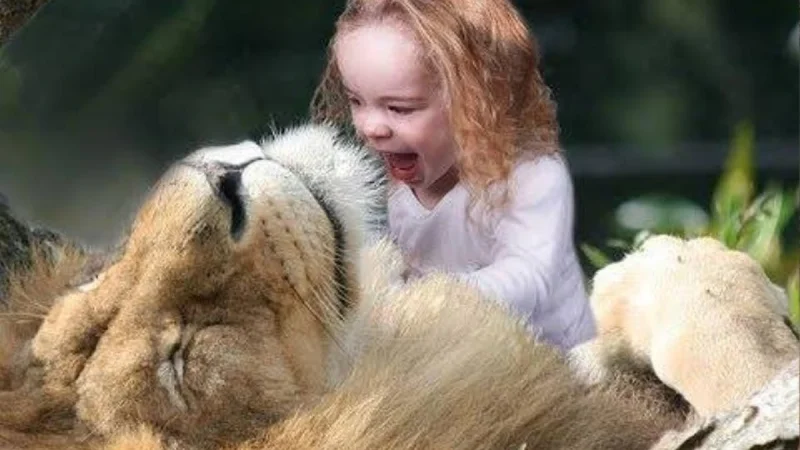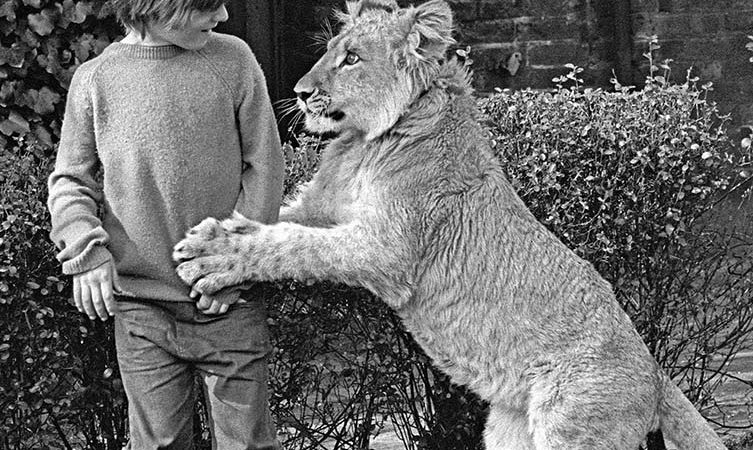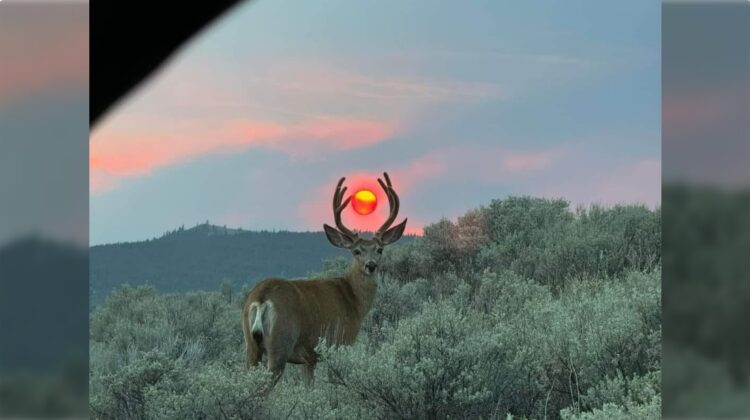A ‘De-Extinction’ Company Wants to Bring Back the Dodo after 300 Years And Release Into Wild
In a remarkable endeavor, a de-extinction company has recently announced its ambitious plans to revive the dodo, a bird that vanished from the Earth over 300 years ago.
Colossal Biosciences, a company renowned for its commitment to resurrecting extinct species such as mammoths and Tasmanian tigers, has now set its sights on bringing the dodo back to life. The flightless bird will join the growing list of long-extinct creatures that Colossal Biosciences aims to reintroduce.
Lead paleogeneticist and scientific advisory board member at Colossal Biosciences, Beth Shapiro, expressed her enthusiasm for the project, stating, “This announcement is really just the start of this project.” Shapiro has dedicated decades of research to studying the dodo and played a crucial role in its genetic analysis.
However, the feasibility of recreating the dodo remains to be seen. With an additional $150 million in investments and the establishment of the Avian Genomics Group, Colossal Biosciences is ready to embark on this daring venture.
In 2002, Shapiro and her team made a groundbreaking discovery by extracting a tiny piece of the dodo’s DNA. This analysis led to the identification of the dodo’s closest living relative, the Nicobar pigeon native to the Andaman and Nicobar Islands in India. Last year, after two decades of extensive research, Shapiro announced that her team had successfully reconstructed the entire genome of the dodo.
The proposed method for recreating the dodo involves genetically modifying the genome of a closely related living species to resemble that of the dodo. The modified genome would then be inserted into an egg cell of the close relative and implanted into a surrogate mother. The resulting offspring would require specific conditions, care, and nutritious food to ensure its well-being and growth.
Shapiro explained, “The final version of the dodo will emerge from a pigeon that has been engineered to be the size of a dodo.”
Although the process is complex and time-consuming, Colossal Biosciences has made progress in developing the necessary technology to realize their vision. However, the company faces an obstacle, as Shapiro clarified that birds cannot be cloned like mammals due to the unavailability of bird egg cells at the same developmental stage.
Once the dodo is successfully recreated, new challenges arise. Having been extinct for centuries, the dodo has no natural habitat and lacks the opportunity to learn its behavior from its parents or peers. Nonetheless, Shapiro believes that the reimagined dodo could flourish in Mauritius and the surrounding islands.
“A goal here is to create an animal that can be physically and psychologically well in the environment in which it lives,” added Shapiro. “If we are going to bring back something that’s functionally equivalent to a dodo, then we will have to find, identify, or create habitats in which they’re able to survive.”
The resurrection of the dodo is an awe-inspiring prospect, showcasing the remarkable advancements in genetic science and the potential to reverse the extinction of species. While the project still faces significant challenges, the efforts of Colossal Biosciences give hope to the revival of long-lost creatures and the restoration of biodiversity.
Hits: 4







